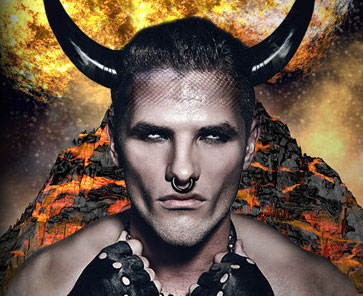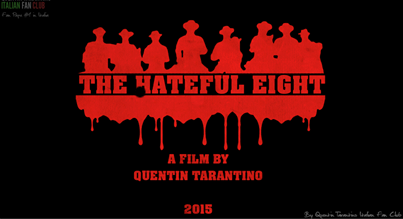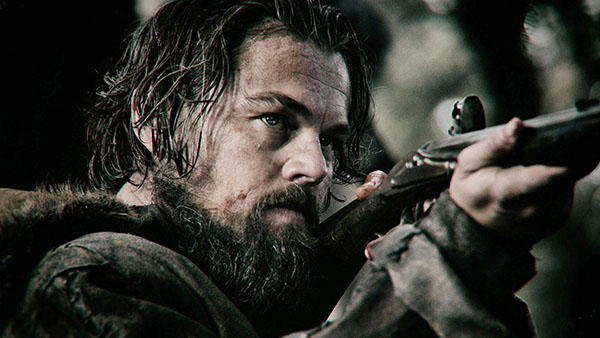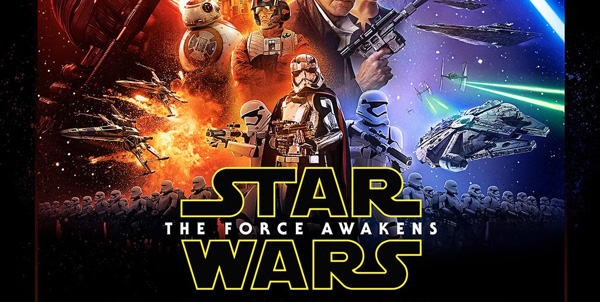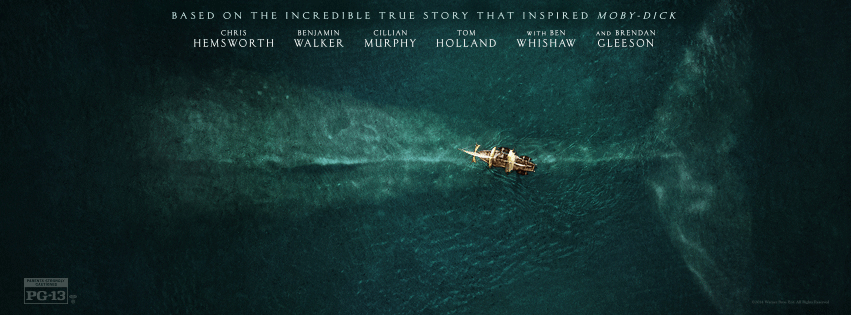
The so-called “true story” behind the fictional tale of Melville’s classic Moby Dick. White whale crashes evil human fishing party and hunts them down to teach them animal rights and earth worship.
Well, he’s at it again. Christophobe Ron Howard, the guy who made the hate hit piece on Jesus (and the Roman Catholics), The DaVinci Code, has just offered up a new sacrifice to the earth goddess, Gaia.
Howard and his writers bookends his tale with young Herman Melville tracking down a survivor of the whaleship Essex that was destroyed by a huge white whale, for the sake of research for his new novel. The monster whale is full of crusty sea barnacles and whaling wounds and has a preternatural ability to attack whaling ships out in the deep sea, thousands of miles from land.
The survivor being interviewed is a drunk who can’t live with himself because of the “abominations” the survivors had done. He tells his scary story and we see it all in flashback.
So, obviously, the whalers go awhaling, the white whale shows up and destroys their ship, casting them adrift, which forces them to become cannibals and thus shows them how evil it is to eat meat. But the privileged white “big Nemo” also shadows their lifeboats like an angry deity waiting to teach them a lesson.
And that is what the metaphor is all about. The white whale in this story represents the revenge of the animal world upon evil mankind that is slaughtering them for their oil. For whale oil fuels the lamps of the evil white Europeans.
This is earth worship versus the Judeo-Christian worldview, quite literally with a vengeance.
Before they launch off to their whaling expedition, we hear Christians praying that God will provide his blessings upon their industrial revolution (Of course, a demonized villain in Hollywood). So Christianity is One with the exploitation of energy resources to the storytellers.
At one point in the story, the captain, a young inexperienced blueblood jerk, tells the hero of the story that man is created as the pinnacle of creation and it is our calling by God to take dominion of the earth and bend nature to our wills. So, much like the idolatrous Noah movie, the two worldviews in conflict here are the Judeo-Christian ethic of dominion and the environmentalist/animal rights/earth worshipping ethic of pristine nature, unsullied by human interference. Or more accurately, human exceptionalism versus anti-humanism.
Can you guess which one wins?
Of course, in the end, the hero of the story, who became obsessed with killing the white whale, finally has his “come to Gaia” moment and refrains from his last chance to harpoon the leviathan. And of course, the ever-loving monster, who is apparently a fair and square kind of mammal, stops attacking them. You see? The poor whales just want to be left alone. They are more moral than us, and can teach us a lesson.
I am amused by how earth worshippers like to humanize animals (and nature) as if they are equally moral sentient creatures. That is because they really do believe that humans are NOT created in God’s image as the pinnacle of creation. But notice, they have to HUMANIZE the animals, because the reality is more like the documentary Grizzly Man, where the naïve animal rights activist gets eaten by the very bears he is deluded into thinking that he is the guardian of. Watch Grizzly Man. THAT is the ironic truth, folks.
At one point, the storyteller is talking of whale oil and he simply calls it, “oil,” an obvious connection with the so-called “evil” of fossil fuels. In fact, at the end, he says something like, “I hear they have found oil in the ground in the United States. Imagine that.” So the evils of the industrial revolution will move on from whale oil to crude oil.
Oh, Lordy, will man ever stop utilizing the earth for his own greedy survival? Why don’t we just lay down our energy needs and die? Let that pristine nature take over and eat us all in the wonderful circle of life that is survival of the fittest? It’s okay for sharks to eat whales, but we humans aren’t allowed to? After all, bending nature to benefit mankind is speciest, right?
Whale sh*t.
Earth worship has been eeking into Hollywood movies for some time now and it is going to be more ubiquitious as a theme. The rising god of Hollywood is the earth, and if the ancient history of earth worship is anything to go by, these idolaters are violent and will not stop until they have enslaved or destroyed everybody. (This same antihuman theme of the earth as a divine being “getting revenge” on humans is in The Happening. But in other movies, it’s localized in a substitute deity, like aliens in The Day the Earth Stood Still, or in a subverted Biblical Creator in Noah, Evan Almighty, and others)
Hollywood social justice warriors rant about how evil oil is, while burning a thousand times what normal people use, and spewing out more carbon emissions than anyone else with their huge mansions and private jets. It’s more than hypocritical. It’s despicable. Don’t get me wrong, I have no problem with riches. And I don’t believe carbon is pollution (if you do, you are a science denier). But these mostly white, all privileged, aristocratic fascists love to force others to suffer while they live “above the morality” of the plebeian class. Where is Bernie Sanders when you need him?
Environmentalist policies are already murdering poor black people by the MILLIONS in third world countries, precisely by keeping oil from them (as well as other policies). Earth worshippers believe in saving the whales, but let those poor people of color die to maintain their crusading fanaticism. Paul Driessen is blowing the whistle on this genocidal environmentalism. By liberal standards of outcome distribution, environmentalism is racist to the core.
It is the Judeo-Christian ethic of dominion that desacralized nature and allowed man to rise up out of the depraved self-destructive barbarism of earth worship and other idolatries. It allowed us to harness nature for the good of mankind, which resulted in science and technology that advanced civilization and brought about everything that the earth worshippers rely upon, from medicine to travel to safe living to their smart phones. Check out the Moral Case for Fossil Fuels and get educated. The computer screen you are reading this on is because of fossil fuels.
And no, I am not now, nor have I ever been a card carrying member of the oil cartel, nor have I ever been knowingly paid by oil interests (but if they want to pay me for telling the truth, I’ll gladly take it).
But, boy, there sure are billions and billions of dollars in the pockets of those paid by Big Green and Big Government to deny science and suppress the facts (There are many reputable scientists and researchers who are exposing this Big Green corruption: Climate Change Dispatch, Climate Audit, Dr. Roy Spencer, Science and Public Policy Institute, Climate Depot, Climate Etc, Watts Up With That? And others.
Cornwall Alliance is the best in providing a Judeo-Christian approach to a balanced proper conservation of the environment with human interests.
Yes, we must be careful to regulate our energy usage and waste. But don’t be a fool. Energy consumption is not inherently evil, it is scientifically axiomatic to existence. All living systems create waste as a by-product of the conversion of energy into life. So the only way for us to achieve the ultimate end of a pristine nature untouched by human waste is of course to extinguish all of humanity.
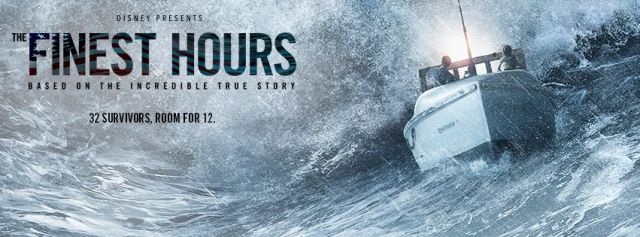

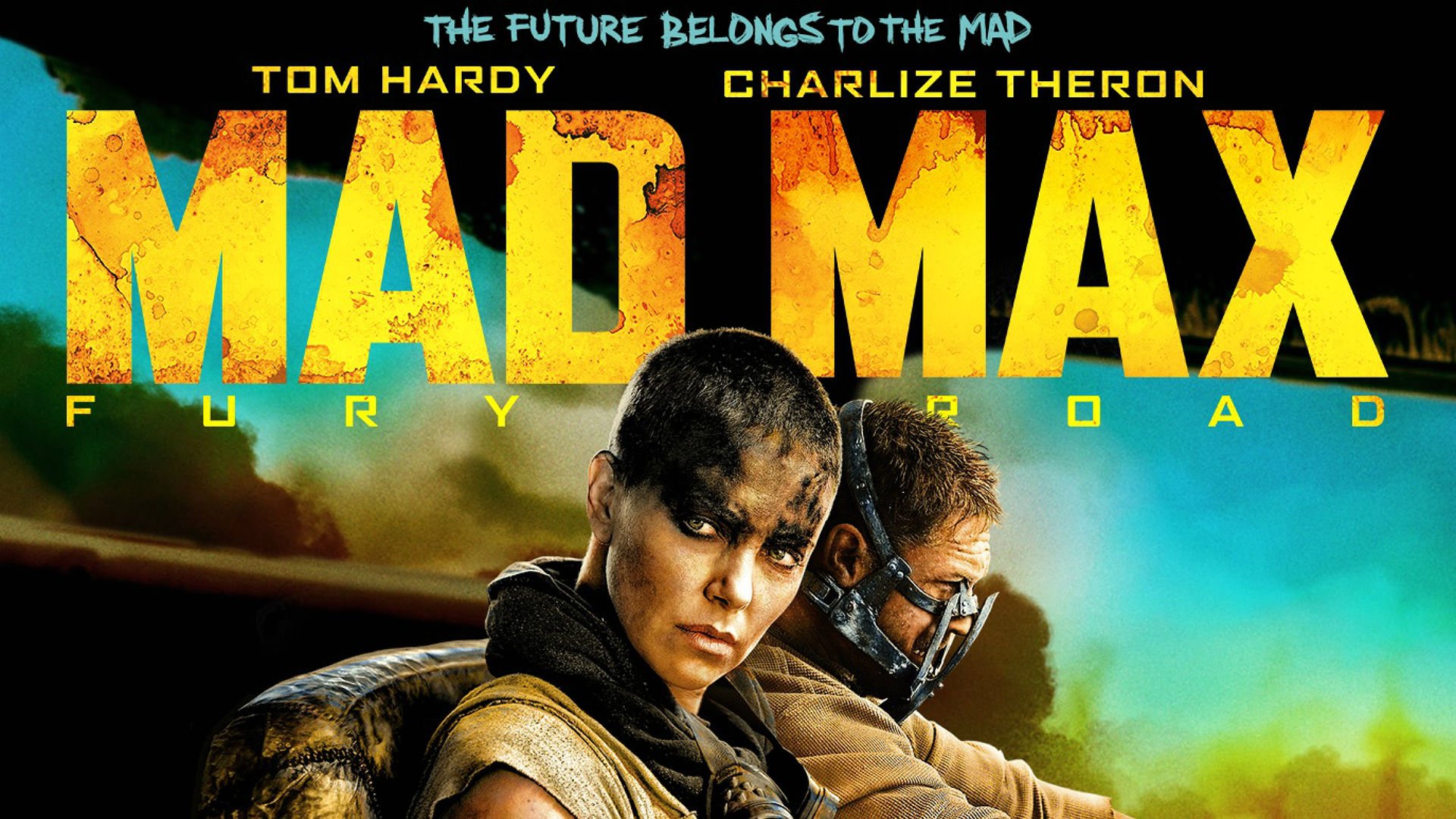
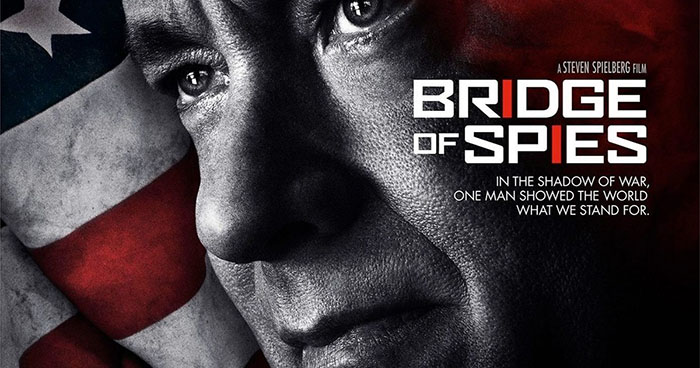
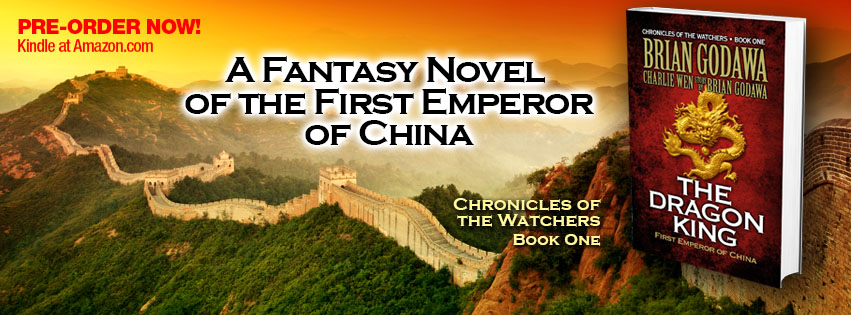
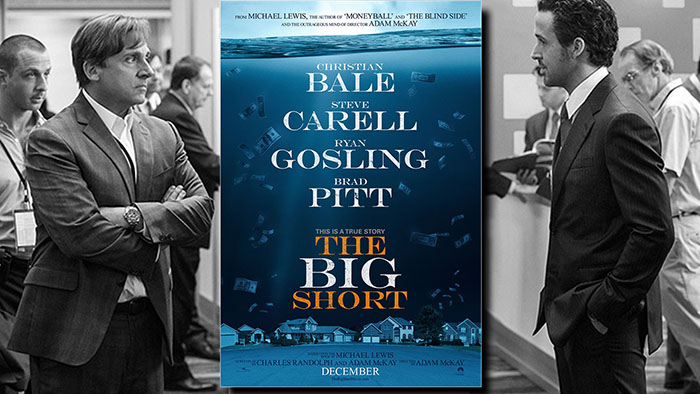
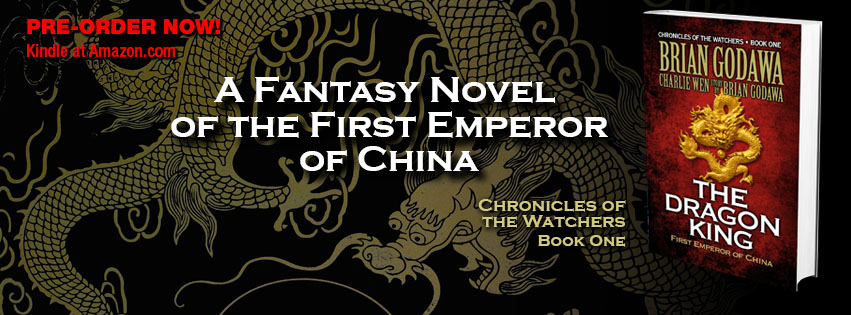
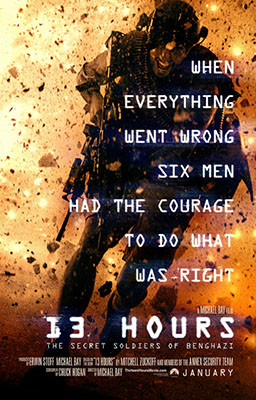 Combat Action. The true story from the perspective of the military contractors who rescued Americans in the terrorist attacks on the American embassy and CIA facility in Benghazi on 9/11 2012.
Combat Action. The true story from the perspective of the military contractors who rescued Americans in the terrorist attacks on the American embassy and CIA facility in Benghazi on 9/11 2012.